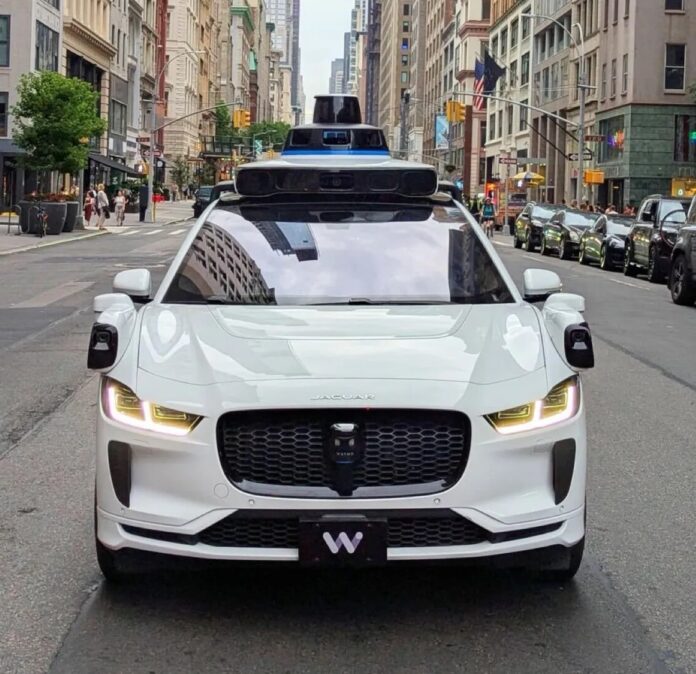The unexpected death of a well-known neighborhood cat, Kit Kat, after being struck by a Waymo robotaxi in San Francisco’s Mission District, has ignited a local outcry and intensified scrutiny over the accountability of driverless vehicles. Following the incident on October 27, residents erected a memorial for Kit Kat, alongside signs that both criticize Waymo and point out the frequent deaths caused by human drivers.
The Incident and Local Reaction
Kit Kat was a beloved fixture in the Mission District, often seen near local businesses. After the collision, residents quickly organized a makeshift shrine, with flowers, candles, and photographs honoring the cat. The incident quickly became a focal point for debate about the ethical and legal implications of autonomous vehicles operating in urban environments.
Accountability Concerns
The death of Kit Kat has brought into sharp focus the question of accountability when a driverless vehicle causes harm. Unlike accidents involving human drivers, where legal and personal responsibility can be assigned, autonomous vehicles present a unique challenge. As Jackie Fielder, a San Francisco Board of Supervisors member representing the Mission District, noted, “A human driver can be held accountable… Here, there is no one to hold accountable.”
The Push for Local Control
The incident has fueled calls for greater local control over the deployment of autonomous vehicles. Fielder has championed a proposed city resolution that would allow San Francisco voters to decide whether driverless cars can operate in their neighborhoods. This push for local decision-making reflects growing concerns about the potential risks and lack of oversight surrounding autonomous vehicle technology.
Broader Implications
The death of Kit Kat is not an isolated incident. It underscores the broader debate about the societal impact of autonomous vehicles, including questions of safety, liability, and public acceptance. The incident serves as a stark reminder that even seemingly minor collisions involving non-human victims can raise significant ethical and legal questions.
The death of Kit Kat has catalyzed a renewed discussion about the future of autonomous vehicles in urban environments, highlighting the need for clearer accountability mechanisms and greater local control over their deployment. The incident has sparked a wider debate about the ethical and legal implications of driverless technology, emphasizing the need for careful consideration of its societal impact







































